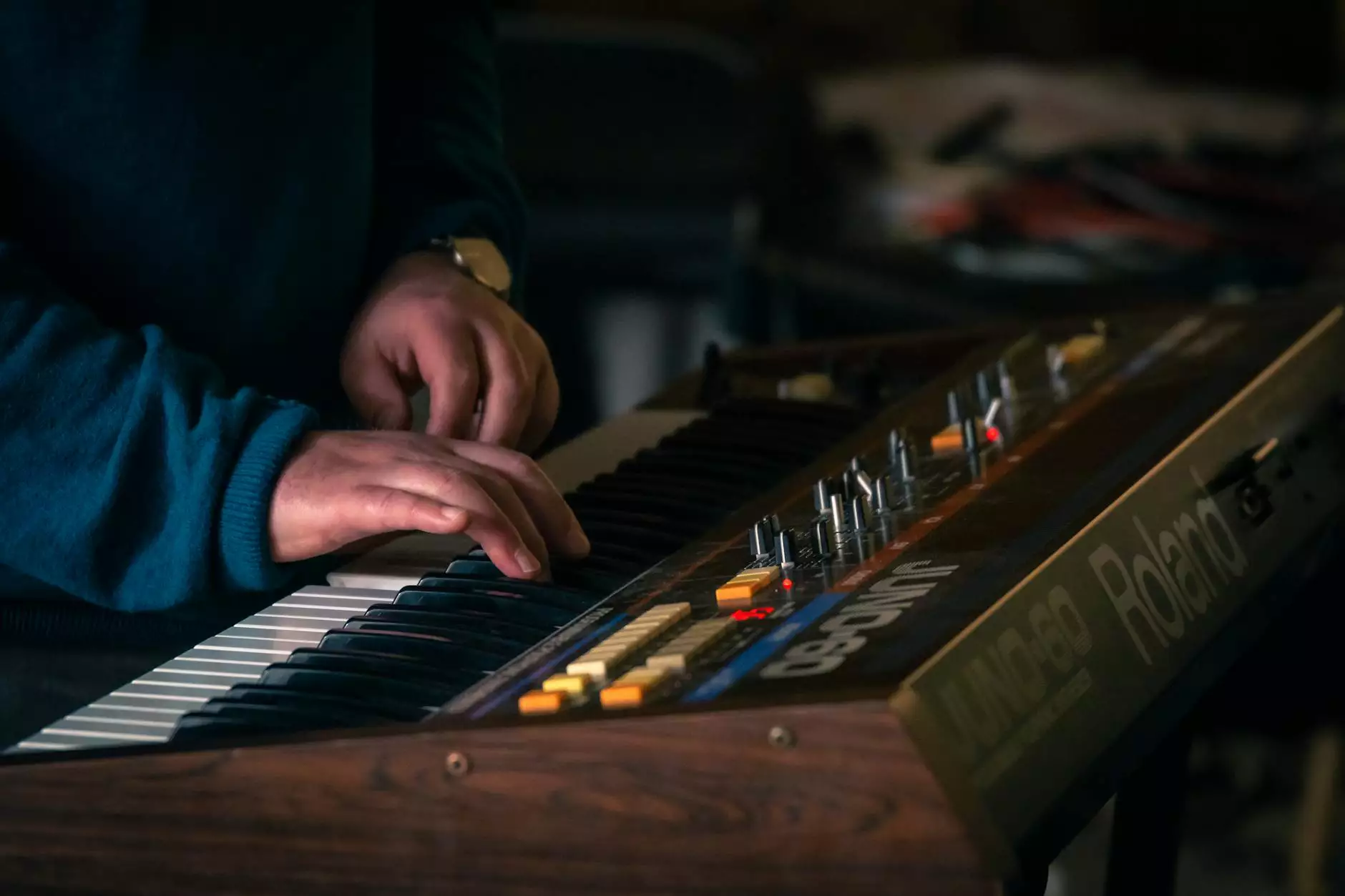The Art and Impact of Video Game Audio Designers

The world of video games is one of intricate designs and complex storytelling. However, there's an essential piece of this puzzle that often goes unnoticed: the role of video game audio designers. These professionals are not just sound makers; they are artists who shape the auditory landscape of games, ensuring players experience fully immersive worlds. In this article, we will delve into the significance of video game audio design, the skills required to succeed in this field, and how businesses like Pingle Studio are at the forefront of this creative industry.
Understanding the Role of a Video Game Audio Designer
Video game audio designers are responsible for creating the soundscapes that define the gamer’s experience. This includes everything from background music and sound effects to voice overs that bring characters to life. Their work is divided into several key responsibilities:
- Sound Effects Creation: Designing unique sounds that enhance the gameplay, such as footsteps on various surfaces, weapon sounds, and environmental ambience.
- Music Composition: Composing themes that evoke emotions and enhance the narrative of the game.
- Dialogue Recording: Overseeing the recording and implementation of dialogue, ensuring it fits seamlessly within the game's narrative.
- Sound Implementation: Working with game engines to integrate sounds into the gameplay effectively.
The Importance of Sound in Gaming
Sound in video games is not just an accessory; it is a critical component that enhances player engagement and emotional response. Here are several reasons why audio design is vital:
1. Immersion
High-quality audio creates an immersive atmosphere in games. Players are more likely to be engaged in the gameplay when they can hear the rustling of leaves, the distant clanging of swords, or the heartbeat of their character.
2. Emotional Impact
Music has the power to evoke emotions. The right soundtrack can make a poignant moment heart-wrenching or a victory feel triumphant. Audio designers craft music that embodies the themes of the game, ensuring the player's emotional journey is profound.
3. Guidance and Feedback
Sounds often serve as a form of feedback. For instance, when a player successfully completes a task, a satisfying sound can reinforce that achievement. Similarly, sounds can guide players, alerting them to dangers or new areas to explore.
Skills Required to Become a Successful Video Game Audio Designer
To excel as a video game audio designer, one must possess a blend of technical skills and artistic vision:
- Audio Engineering: A solid understanding of sound recording, mixing, and mastering.
- Music Theory: Knowledge of musical composition and the ability to create original scores that fit the gaming environment.
- Proficiency in Software: Familiarity with digital audio workstations (DAWs) and sound design software like Pro Tools, Ableton Live, or FMOD.
- Collaboration: Strong teamwork skills as audio designers work closely with game developers, artists, and writers.
- Creativity: A flair for innovation and the ability to think outside the box to create unique sounds that enhance the gaming experience.
The Evolution of Audio Design in Video Games
The role of video game audio designers has evolved dramatically since the inception of the gaming industry. Early games relied on simplistic beeps and boops due to technological limitations. However, as technology has advanced, so too has the complexity and quality of audio design.
1. The 8-Bit Era
In the early days, audio was limited to simple tones. Designers had to innovate within these constraints, creating memorable melodies and sound effects using synthesizers.
2. The CD-ROM Revolution
With the introduction of CD-ROMs, audio designers began incorporating full orchestral scores and high-fidelity sound effects, revolutionizing the gaming experience.
3. Modern Gaming
Today, audio design is an integral part of game development. Multi-layered soundscapes and dynamic audio systems allow for an incredibly immersive experience, adapting in real-time to player actions and decisions.
Future Trends in Video Game Audio Design
The future of video game audio designers is bright, with several trends shaping the landscape:
1. 3D Audio Technology
As virtual reality (VR) and augmented reality (AR) gain traction, 3D audio is becoming crucial. Designers are required to create sounds that players can locate spatially, adding to the immersive experience.
2. Adaptive Sound Design
Adaptive sound technology adjusts audio based on gameplay. This means that the music and sounds change dynamically, creating a personalized experience for each player.
3. AI Integration
Artificial intelligence is finding its way into audio design, aiding designers in creating more complex soundscapes and even generating sound in real-time based on game dynamics.
Case Study: Pingle Studio and Innovative Audio Design
Pingle Studio stands as a beacon of creativity in the realm of audio design for video games. Their commitment to quality and innovation sets them apart in a competitive industry. Here’s how they excel:
1. Collaborative Projects
Pingle Studio frequently collaborates with game developers to understand the narrative and emotional tone of each project. This collaboration fosters creativity and results in enriched audio experiences that resonate with players.
2. Cutting-Edge Technology
The studio utilizes the latest audio technology to push the boundaries of what sounds can achieve within games. This ensures that their projects not only meet but exceed industry standards.
3. Client-Centric Approach
Every project at Pingle Studio is tailored to meet the specific needs of the client. This attention to detail guarantees that the final product enhances the game and achieves the desired emotional impact.
Conclusion: The Future is Bright for Video Game Audio Designers
As the gaming industry continues to expand, so does the need for skilled video game audio designers. Their unique blend of artistic talent and technical expertise is essential for creating immersive and engaging experiences for players. With companies like Pingle Studio leading the way, the future of audio design in gaming looks promising.
In conclusion, whether you are a budding audio designer or a seasoned professional, the realm of video game audio design offers endless opportunities for creativity and innovation. Embrace the journey, and contribute to the soundscapes of tomorrow's video games.



